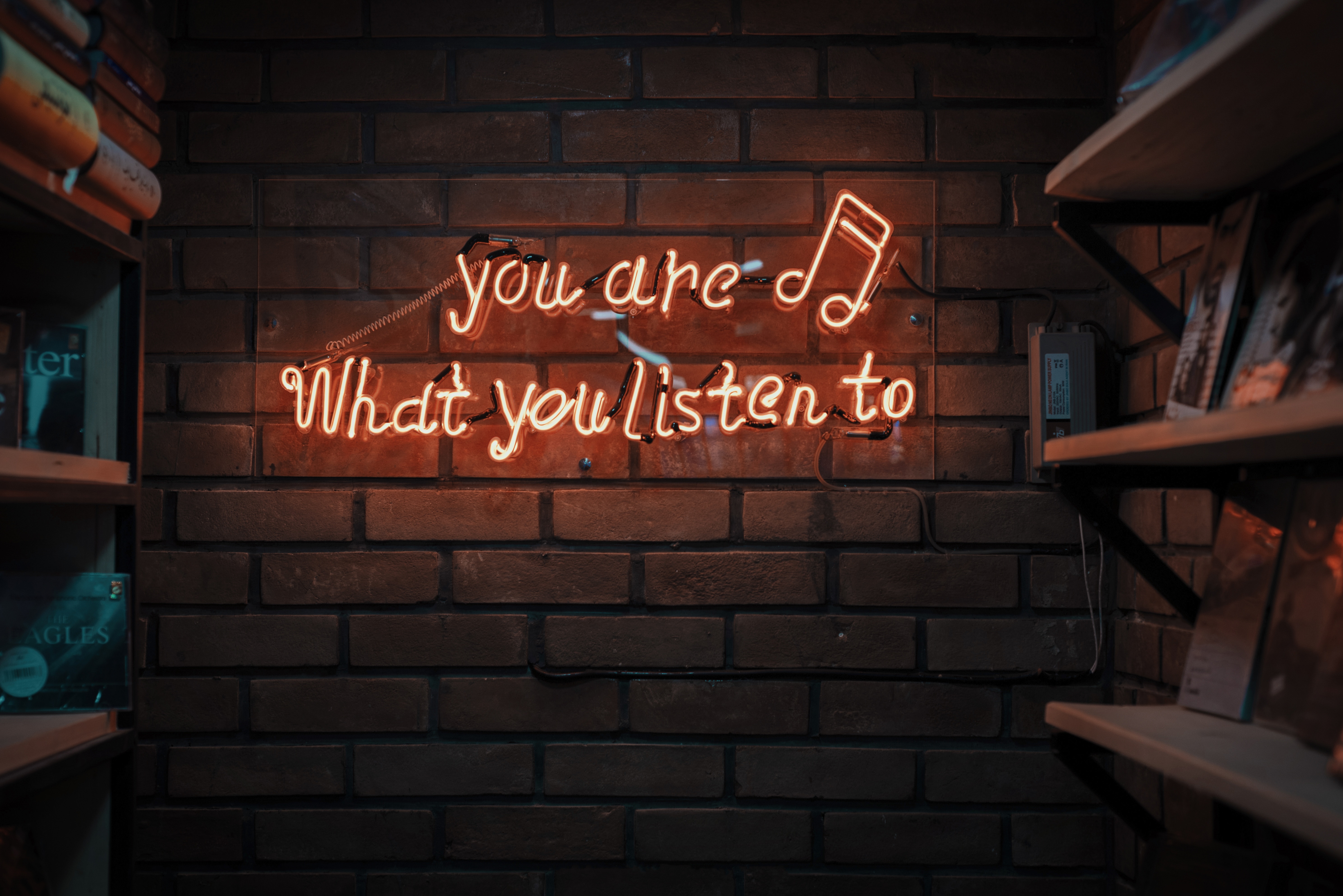
There are more than 13 million videos on YouTube dedicated to ASMR (autonomous sensory meridian response), which is a feeling of well-being combined with a tingling sensation on the scalp and back of the neck. There is some indication that the nature of ASMR has the potential to assist people with their mental health. But is this a passing trend or does it have a legitimate physiological and therapeutic benefit? Mental health experts share their thoughts.
Listening to sounds to relax is not a new phenomenon, whether it’s calming music or sitting at the beach and being soothed by the waves. Because of this Caleb Backe, a wellness professional with Maple Holistics, is not surprised that sounds have an effect on state of mind. "Listening to nature sounds has been proven to increase your parasympathetic response, which helps the body to relax. This means that the trend of ASMR may have legitimate physiological and therapeutic benefits. Non-threatening noises and euphoric ‘brain tingling’ provides temporary mood elevation that simply can't be overlooked."
But ASMR is an experience that is not easily measured, so it is difficult to determine the general benefit of it. Sal Raichbach PsyD of Ambrosia Treatment Center notes "the problem is, not everyone experiences ASMR, which makes it less useful in a clinical setting. Plus, it’s difficult to replicate because people respond to each stimulus different. It might provide relief for some, but it probably won't be useful as a treatment method on a larger scale."
That said, Raichbach does not see any harm in utilizing it. "If ASMR helps some people to relax and feel less anxious, then it can certainly be used as a tool to alleviate their symptoms of anxiety or insomnia." The noninvasiveness is appealing to mental health practitioners and clients. Unlike with medication, there are no side effects so it is a low-risk treatment method and a tool clients can practice on their own.
Justin Baksh, LMHC, LPC, MCAP, and Chief Clinical Officer of Foundations Wellness Center understands how some may view ASMR as a passing trend, especially for those who don’t engage or respond to the stimuli. However, Baksh notes that "those who are able to engage in a mindfulness technique such as these videos can reap significant physiological benefits." Both mindfulness and ASMR are about staying focused on the present moment.
"What these artists have found is a more readily available, digestible way of practicing what therapists have done in their offices for decades," added Baksh. "These videos teach you how to disengage from reality: You are so focused on what is happening on the screen that you cannot be stressed. Why? Because human beings aren’t designed to be multitaskers. Your mind simply doesn’t have room to full focus on the video and think about anything that would trigger anxiety or depression at the same time."
No one claims this is a miracle cure. “It does not resolve the source of an issue,” notes Baksh, “but it helps with symptomology of it." To get at the source, some people need sessions with a trained mental health professionals to understand where issues originate so lasting change is made. However, therapy is not accessible to many people whether due to cost, geography or a choice to not attend due to stigma. Even when it is available, one-hour a week session with a therapist is not enough for coping with the remaining hours in a week. This is where ASMR can help
Bakshe points out that "in a normal week, many of us are juggling work requirements, relationship issues, financial concerns, childcare, and more. There are an infinite number of stressors any given day, and the AMSR is one tool to help manage the increasing anxiety levels created by our packed lives."
ASMR videos on YouTube that offer therapeutic sounds are not a cure-all to whatever ails you. Yet, the lack of side effects, option to use it without professional guidance, and no need for insurance benefits makes it clear why this option is appealing
Tina Arnoldi, MA is a marketing consultant and freelance writer in Charleston SC. Learn more about her and connect at TinaArnoldi.com